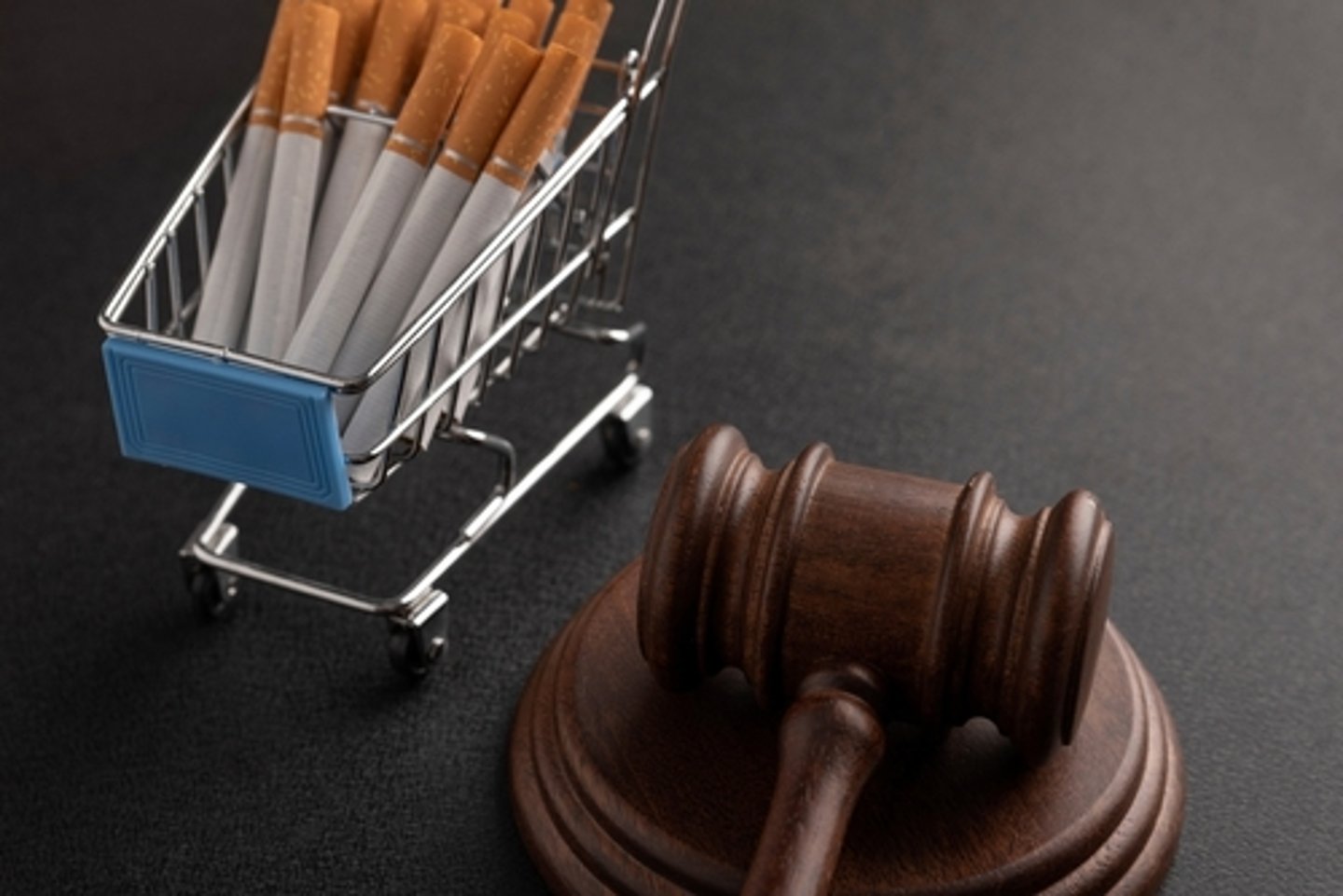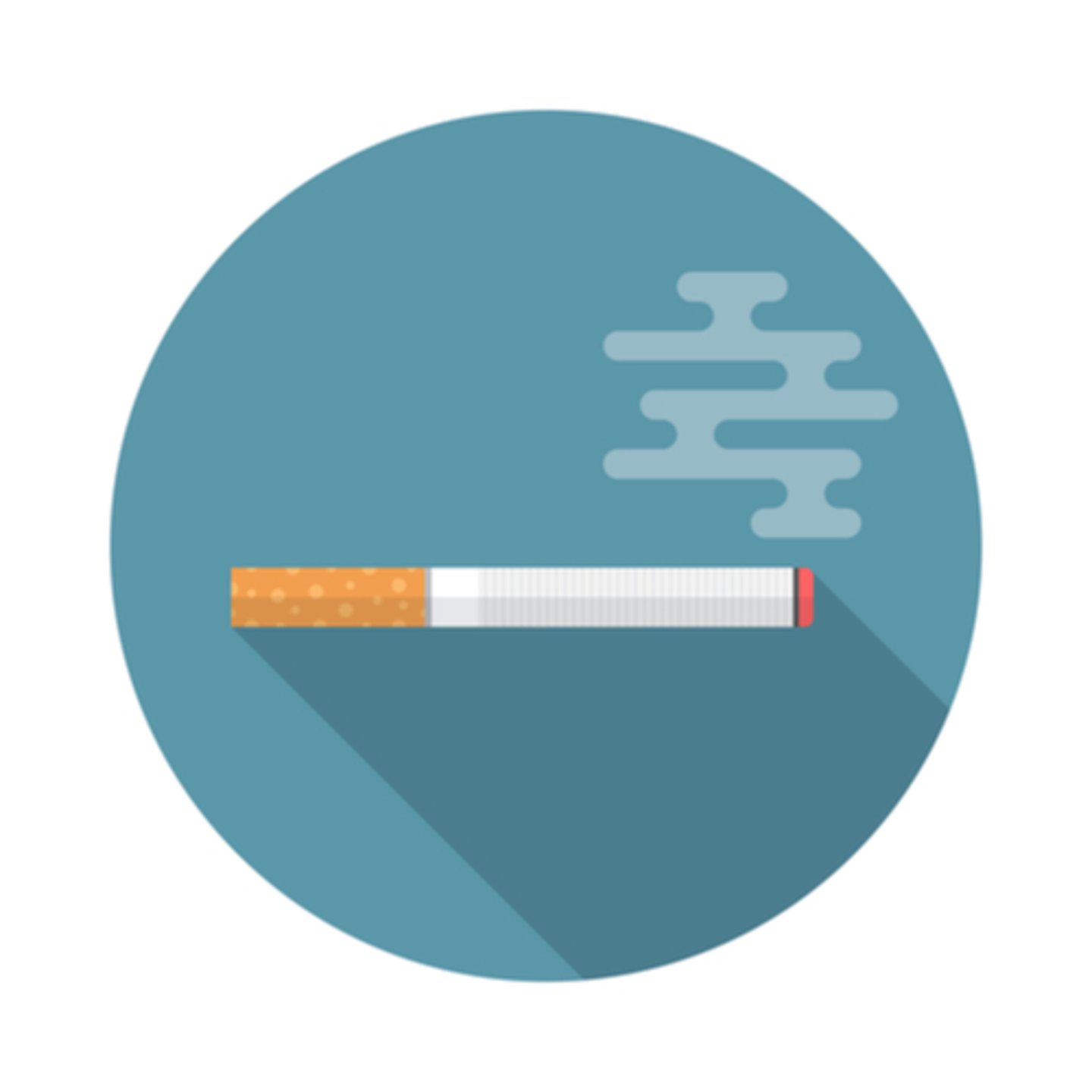2023 Tobacco + Vaping Report: Tobacco
Pinantan General Store in Pinantan Lake, B.C. used to sell 45 packages of cigarettes a day. Now the convenience store is lucky to sell five or six on some days, says owner Cory George. It has come up against widely available, ridiculously cheap contraband tobacco.
“Between my store and the city of Vernon [about 90 minutes away], there are as many as 10 illegal shops along the road selling contraband,” says George.
He went into one of the shops. Four cartons of cigarettes were going for $200. His shop charges about $180 a carton, or about $700 for four.
He could slightly lower his price per carton, “but really, our profit on tobacco is very small and is almost at a break-even point,” says George. “We use the category to drive foot traffic, because when people come in for a pack of cigarettes, they also pick up other things, like a jug of milk or a bag of potato chips.”
Based on his conversations, many independent c-store owners are yielding profit margins of just 2% to 3% on tobacco, particularly as demand has risen for less-expensive cigarettes. Only a small few are taking 10%. “Nobody is taking more than 10% by the time they put insurance on their tobacco,” he says.
Advocating for fairness
The Convenience Industry Council of Canada (CICC) hears stories like George’s all the time these days.
“During a board meeting in November, our members were calling contraband a 911 issue,“ says Jeff Brownlee, VP, communications and stakeholder relations for the CICC, which has been advocating for more funds toward police investigations into the illegal market, which has worked well in Quebec.
“We are hearing of year-over-year tobacco sale losses of at least 10% regardless of where the store is in Canada,” adds Brownlee. “That figure is much higher in contraband hotspots like B.C. and Newfoundland, where taxation on cigarettes is very high.”
In a recent pre-budget submission to the Standing Committee on Finance & Economic Affairs, Ontario Convenience Stores Association CEO, Dave Bryans, addressed the issue on behalf of his members: “Illegal untaxed tobacco continues to infiltrate every community in Ontario through an elaborate distribution and production network that is well known to all levels of government.”
The Ontario Korean Businessmen’s Association (OKBA), which represents more than 900 c-stores, recently relaunched its “Save Our Stores” campaign to bring political awareness to the issue. During the last 10 years, the OKBA estimates that it has lost close to 1,000 members “many of whom have closed their businesses permanently due to unfair competition from organized crime groups selling contraband.”
Size doesn’t matter
Both national and regional chains are feeling the squeeze. That includes MacEwen Petroleum, which has 103 corporate-owned gas/convenience stores (MacEwen/Quickie) in Ontario and Quebec.
“Illicit tobacco has been a significant concern in Ontario and, post-COVID restrictions, it has had a significant impact on the retail segment,” says Muhammad Zeeshan, category manager – tobacco, MacEwen Petroleum.
“As a result, we have seen pressure on sales in the cigarette category.”
“It is impacting the entire industry regardless of store count or size,” says Marc Goodman, VP and general manager of 7-Eleven Canada. “It is a particularly big ordeal in Western Canada, where almost every year there is another increase in taxes on cigarettes and illicit trade has become rampant.”
Filling the gap
How is a c-store supposed to compete with the illicit market?
“You can’t – it’s virtually impossible,” says Goodman. “The environment is nowhere near competitive in terms of pricing.”
Eli Mail, a retail consultant and convenience store expert and Parkland’s former VP, merchandising, agrees c-stores can’t compete on price, and shouldn’t try.
“C-stores need to maintain their position as retailers that follow the laws and regulations,” says Mail. “But what I would say to independent operators: come up with other ways to bring people in that are not strictly related to cigarettes. Because if a customer is no longer coming in for cigarettes because they have found the illicit market, you want to make sure they have another reason to keep coming in.”
He says that could be foodservice, dry cleaning, passport photo service and auto products. (The Q3 2022 Global Convenience Store Industry Report found the latter grew by 16.9% in sales in Canadian c-stores versus Q3 2021.)
The goal, Mail says, is to retain the customer and some of their purchase basket. If you can do that, you may even be able to hold on to some of their tobacco purchases, if not in the near-term than the long-term.
Strength in partnership
If there is a silver lining to the fight on contraband—which also funds other illegal activity and robs government of billions in tax revenue—it is in how competitors and different parts of the industry have united.
Over the last 18 months, JTI field representatives have met with more than 60 independent convenience store operators in Newfoundland and British Columbia.
“We have been hearing them and aggregated their voice and presented their case to government and law enforcement agencies on their behalf,” says Elaine McKay, the Toronto-based head of corporate affairs and communications for the tobacco company. “We have also shared actionable information from them to law enforcement.”
McKay says independents in small communities “fear reporting illegal activity, because of appraisal from organized crime or victimhood. By sharing their reports with us, we protect their anonymity.”
Meanwhile, more than 200 independent store owners in rural B.C. have formed the Convenience Retailers Alliance 4 Safe Communities to lobby the government, and owners have gained support from unexpected places.
“As independents, we would normally never speak to a 7-Eleven manager,” notes Pinantan General Store owner George. “But it has brought us together as an industry because we are all feeling this.”
The (real) story in numbers
Two of 33 countries saw a decline in convenience store sales in Q3 2022 compared to Q3 2021. One was Honduras. The other? Canada.
This is according to the Q3 2022 Global Convenience Store Industry Report from NielsenIQ and the National Association of Convenience Stores. The report analyzes c-store metrics across 33 nations in North America, Europe, Asia-Pacific, and Central and South America.
It found Canadian Q3 2022 convenience store dollar sales fell 3.4% versus the year-ago quarter. Additionally worrying: the decline has accelerated since Q2 2022 (down 2.7%).
Excluding tobacco, convenience store sales in Canada grew by 9%. In other words, Canada’s underperformance relative to much of the developed world is due to the tobacco category.
Cigarette sales were down by 10.7%. Other tobacco products (smokeless pouches, e-cigarettes, snubs) fell by 11.8%.
Tobacco’s annual share of Canadian convenience store sales has also declined substantially, to 54.4% from 59.3% in Q3 2021. It’s still a majority piece of the pie (amounting to $1.1 billion in Q3 2022), but the 4.9 percentage-point drop is the second largest of the nations tracked in the report.
True, tobacco use is declining in most developed nations. But it isn’t falling by such an extreme in the c-store sectors of other nations. In the U.S., it slipped 1.3 share points, in Sweden by .5 and in Hong Kong by .1.
The story behind why Canada is an outlier isn’t that smokers here suddenly quit or cut back in droves, say industry leaders. It’s the rise of contraband.
“Government may see these figures and think, ‘We’ve increased taxes on cigarettes, made it cost-prohibitive to smoke, and therefore sales are down,’” says Marc Goodman, VP and general manager of 7-Eleven Canada. “While there is probably a bit of truth to that, the numbers also reflect that illicit tobacco has ramped up. In Western Canada, where cigarettes are very heavily taxed, we have seen very substantial declines in cigarette sales.”
Advocacy group Convenience Retailers Alliance 4 Safe Communities estimates at least 30% of tobacco sales in B.C. are now contraband.
Industry leaders agree that a decline in tobacco sales isn’t necessarily a win for public health.
“It is misleading to think that this is cause for celebration,” says Goodman. The real story? “In a recessionary climate, smokers have looked for other means to get their nicotine fix.”
Across the board, the industry is calling on governments to freeze tax increases or risk driving more people to purchase illicit tobacco.
Originally published in the March/April 2023 issue of Convenience Store News Canada.






